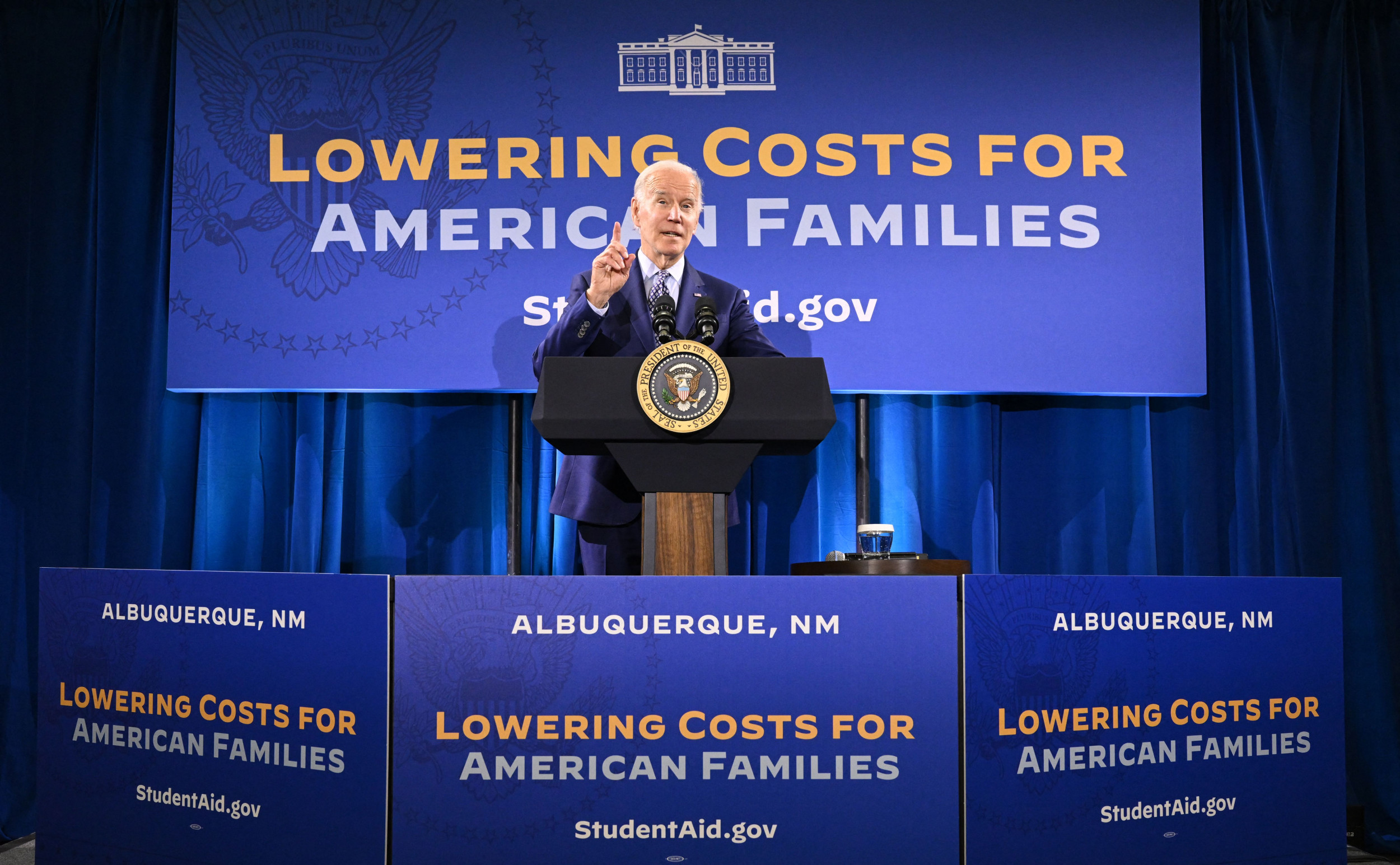The United States announced sanctions this week against members of a Mexico-based drug cartel.
On Thursday, five Mexican nationals and two companies tied to La Linea—a violent drug trafficking group in Mexico that moves fentanyl and other synthetic drugs into the U.S. for the Juarez Cartel—were hit with economic sanctions.
Fentanyl in the U.S.
The sanctions aim to curb a significant supply line of fentanyl, a powerful opioid now considered the deadliest drug in the U.S.
According to the Centers for Disease Control and Prevention, overdose deaths in the U.S. have surged more than sevenfold from 2015 to 2021, though the agency reported a slight 3 percent decrease in overdose fatalities this year.
The Drug Enforcement Administration reports that most fentanyl and fentanyl-related substances entering the U.S. are sourced from Mexico and China. Almost all precursor chemicals essential for manufacturing fentanyl are supplied by China, according to the agency tasked with countering illegal drug trafficking.

Fentanyl enforcement is becoming a key political issue with Republicans arguing that fentanyl trafficking across the U.S.-Mexico border should be addressed alongside immigration—a central theme in the 2024 presidential race.
Former President Donald Trump, the Republican Party's presidential candidate, has attributed the trafficking of drugs like fentanyl to migrants, despite federal data indicating that many individuals caught smuggling fentanyl across the border are U.S. citizens.
La Linea
La Linea and the Juarez Cartel have a brutal reputation for violence against civilians, and U.S. authorities have made efforts to hold them accountable. In July 2022, a federal judge in North Dakota ordered La Linea to pay $4.6 billion in damages to the families of nine Americans killed in a November 4, 2019, ambush in northern Mexico.
"If La Linea continues to directly contribute to the proliferation of deadly fentanyl throughout our communities, Treasury will continue to use every tool in our arsenal to go after their criminal activity," Deputy Treasury Secretary Wally Adeyemo said in a statement announcing the sanctions.
Sanctions
The Biden administration has ramped up actions against fentanyl traffickers, issuing charges for drug and money laundering offenses against high-profile traffickers and unveiling indictments and sanctions targeting Chinese companies and executives responsible for supplying fentanyl precursor chemicals.
In December 2023, Treasury Secretary Janet Yellen established the Counter-Fentanyl Strike Force, a coordinated effort drawing on personnel and intelligence from across the Treasury Department—including its sanctions and intelligence divisions as well as IRS Criminal Investigations—to strengthen efforts to block drug trafficking into the United States.
This article includes reporting from The Associated Press.









![SOURCE SPORTS: [WATCH] Mets Capt. David Wright Gives Interesting Insight On The Honor Of His Jersey Retirement In Citi Field](https://thesource.com/wp-content/uploads/2025/01/01fs75fy836w8mp4ytwr.webp)










 English (US) ·
English (US) ·